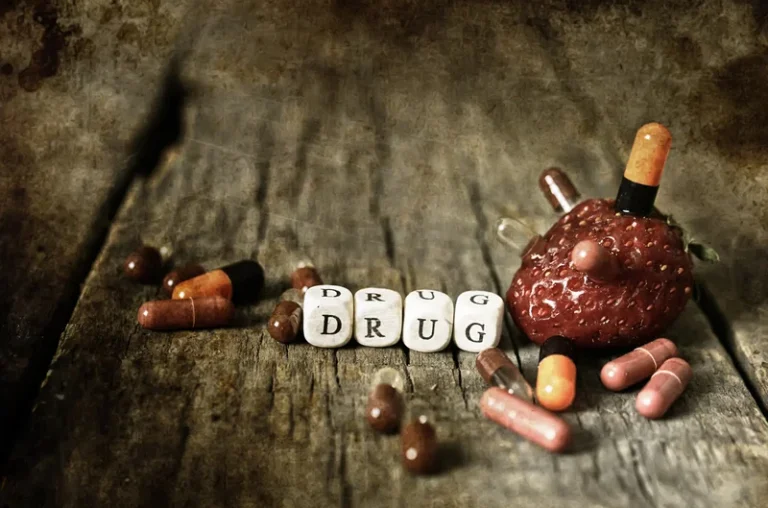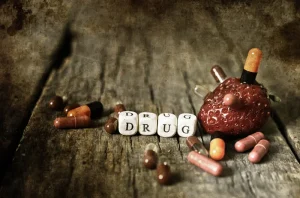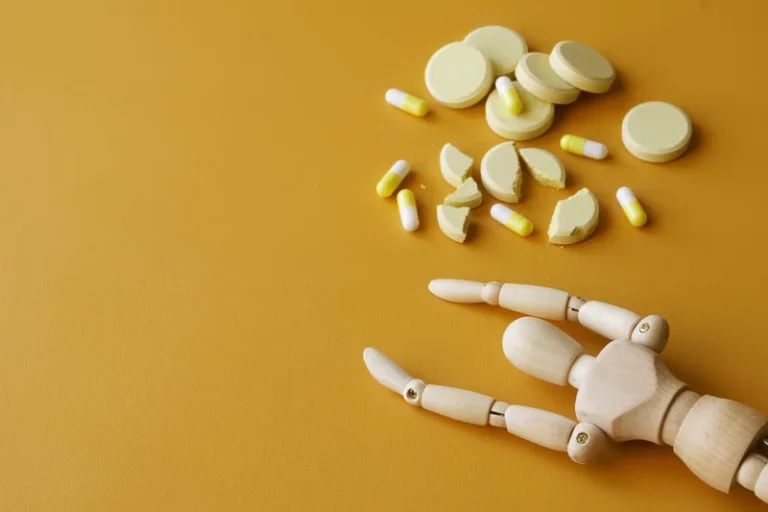
Some individuals may have a genetic predisposition that makes them more prone to sneezing after consuming alcohol. While further research is needed to fully understand the genetic factors involved, studies have suggested a possible link between certain genes and alcohol-induced sneezing. Ok, so now that we’ve answered the question – why does my nose get stuffy when I drink? – it’s time to determine whether this is really a cause for concern or not. But even with our guide on how to get rid of a hangover, you may want to dig deeper beyond the simple remedies and solutions to determine whether there is a real cause for concern here. Read on to uncover the science behind the stuffy nose phenomenon as well as key strategies to prevent it from becoming an inevitable side effect of drinking alcohol.
Beer Sneezing: The Mystery Behind The Unlikely Duo
- And if cocktails make you sneeze, try making your own with fresh fruit juices instead of pre-made mixes.
- Beer can contain allergens such as barley, wheat, hops, yeast, and sometimes even fruits or spices used in flavored beers.
- Histamines are chemicals produced by the human immune system and are found in nearly all tissues of the body.
If you experience persistent or severe symptoms after drinking beer, it is recommended to consult a doctor or medical professional. They can help identify the specific cause of your reaction and provide guidance on managing your condition. Studies also suggest that drinking alcohol with the ALDH2 deficiency makes you more susceptible to the onset and progression of Alzheimer’s disease. It’s important for people with alcohol intolerance to be especially mindful of their alcohol consumption.
Allergy

If you suspect you have alcohol intolerance, it is best to consult a healthcare professional for an why does alcohol make you sneeze accurate diagnosis and advice. Few things can be more frustrating than enjoying a drink with friends only to be interrupted by incessant sneezing. Alcohol-induced sneezing is a peculiar phenomenon that affects a small percentage of individuals. While the exact cause is not fully understood, several theories attempt to explain why some people experience this reaction.
Seeking Medical Advice
The occurrence of sneezing after consuming alcohol seems to differ on an individual basis. Typically, this irritation comes from particles like dust, pollen, or irritants such as strong odors. However, some individuals find that alcohol can also trigger their sneezing reflex. Yes, it is possible to develop an allergic reaction to beer later in life, even if you didn’t previously have any issues.
Allergy Testing
Sulfites can cause a range of dermatological, pulmonary, gastrointestinal, and cardiovascular symptoms. Asthmatics, for example, are at an increased risk of having a reaction to sulfite-containing what is alcoholism food. Your brain adapts to alcohol over time and can become less sensitive to its effects. Are you wondering whether your drinking is on the high side of normal or if it’s crossed the line into a problem? If any of the following scenarios seem familar, it might be time to make some changes.

Causes of Stuffy Nose on Drinking Alcohol & Ways to Get Rid of it?
- For anyone who drinks alcohol, staying hydrated can help reduce the negative effects.
- As it turns out, understanding your alcohol-induced stuffy nose starts with understanding how your body processes alcohol — or tries to, anyway.
- When ALDH is absent from your body, too much of histamine will circulate in blood which leads to problems like inflammation.
- Because the body can’t break down alcohol, it’s toxic byproducts flood the system and accumulate with each drink you have.
- These symptoms can occur almost immediately after ingesting beer and should be treated as severe and potentially life-threatening.
- However, sulfates can be found naturally in many alcoholic drinks like wines (mainly white), beer, vermouth, sake and some others.
Having sluggish ALDH2 enzymes, or lower levels of it altogether, is ultimately the product of having genetic variation in your ALDH2 gene. Specifically, genetic changes that make your corresponding ALDH2 enzyme bad at its job. What’s more is that this genetic variation can be passed down from parent to child, making alcohol intolerance an inherited condition.

An Allergic Reaction
However, sulfates can be found naturally in many alcoholic drinks like wines (mainly white), beer, vermouth, sake and some others. Our bodies naturally created histamines which are chemicals also found in certain foods and alcoholic beverages like beer, champagne and wine. Another common symptom of alcohol intolerance is experiencing headaches or migraines (in more severe cases). Like mentioned earlier, experiencing nasal congestion can make this symptom even more noticeable and painful. While true alcohol allergies are rare, intolerance can lead to noticeable reactions post-consumption. If drinking results in immediate reactions like a stuffy nose or skin issues, it’s essential to understand these might be signs of alcohol intolerance.
If you suspect that your sneezing is triggered by alcohol, try observing whether it occurs consistently after drinking alcohol and if other allergic symptoms are present. Consulting with an allergist can help differentiate between alcohol-induced sneezing and allergic rhinitis. Alcohol is a common trigger for sneezing in some people, and the reasons behind this reaction can vary.

When consumed, alcohol quickly enters the bloodstream and affects brain function, which can lead to nasal congestion. People may notice increased sneezing and congestion after drinking due to possible allergens or low tolerance levels. Most alcoholic beverages contain histamine, but red wine stands out for its high levels and its ability to promote histamine release.
An alcohol intolerance, or ingredients like histamines in alcohol cause an allergy-like reaction in drinkers, swelling the the mucosal membranes in the nasal passages and airways. Avoiding problematic ingredients or taking a supplement to reduce acetaldehyde buildup and intolerance symptoms can help prevent nasal congestion from drinking. Those “beer sneezes” do not mean you are officially drunk any more than the lack of sneezes mean you are okay to drive. Problems in the immune system cause an alcohol allergy to develop, while genetic problems in the digestive system tend to cause alcohol intolerance. These problems make it difficult for the body to break down alcohol properly.